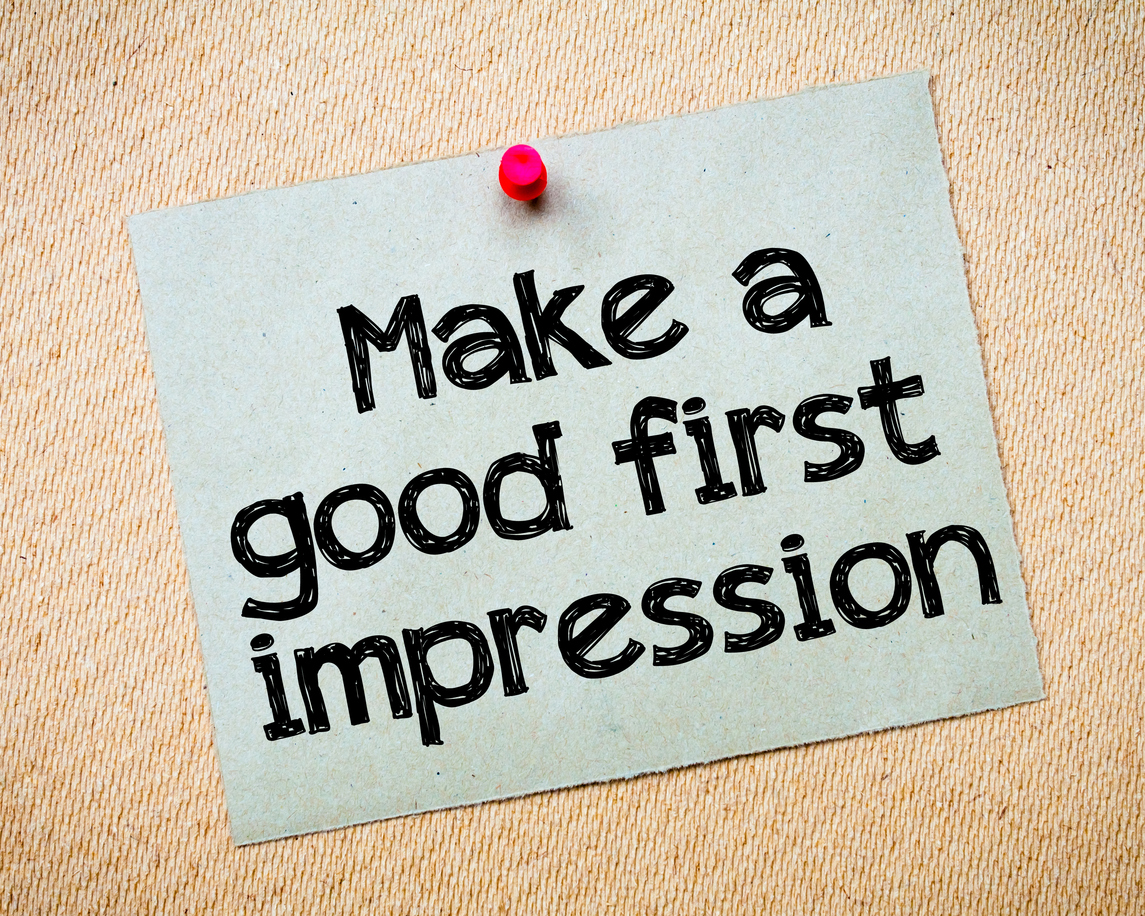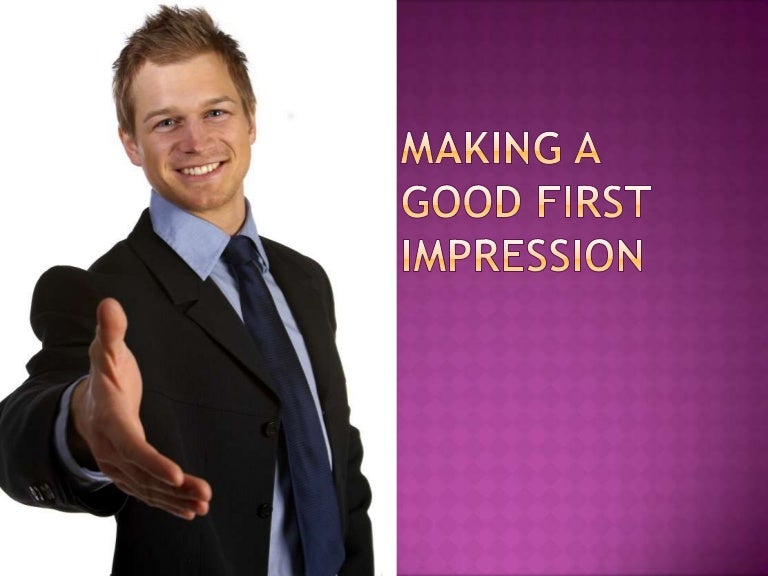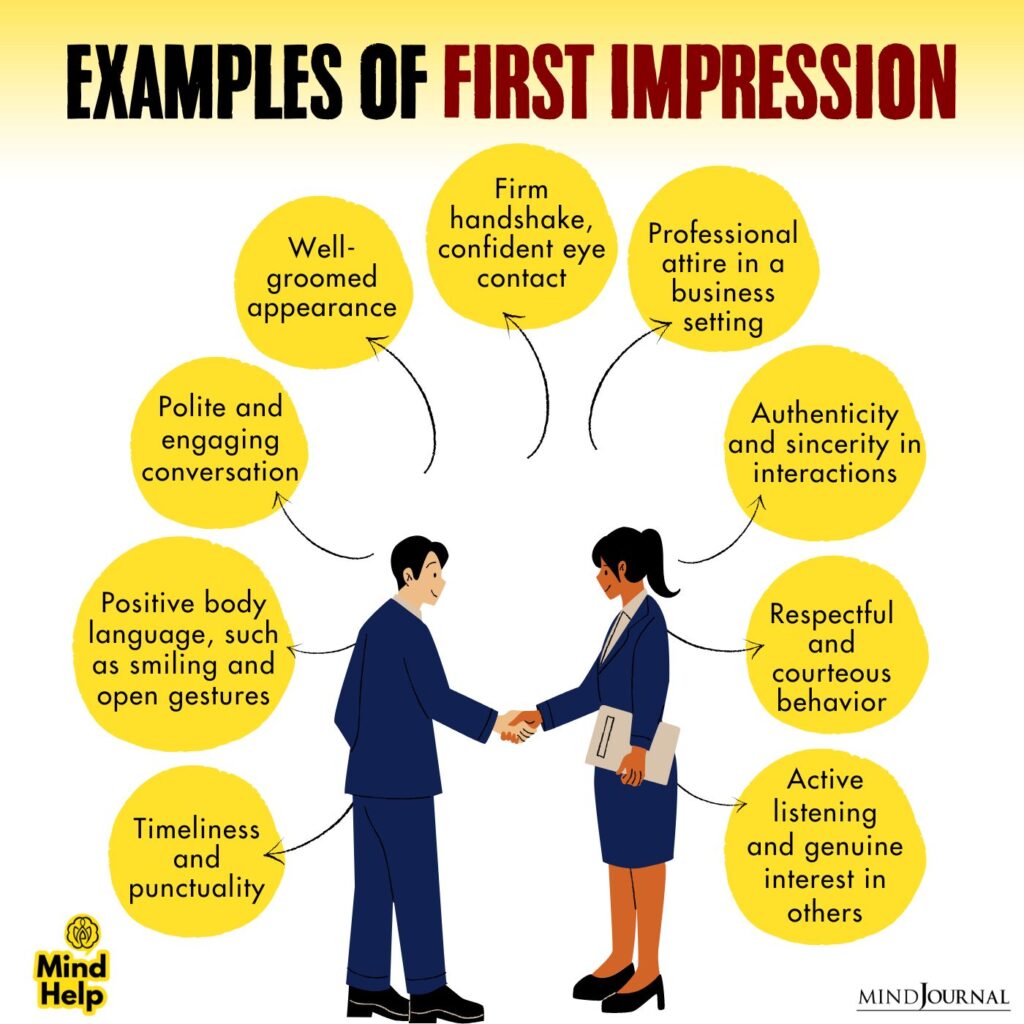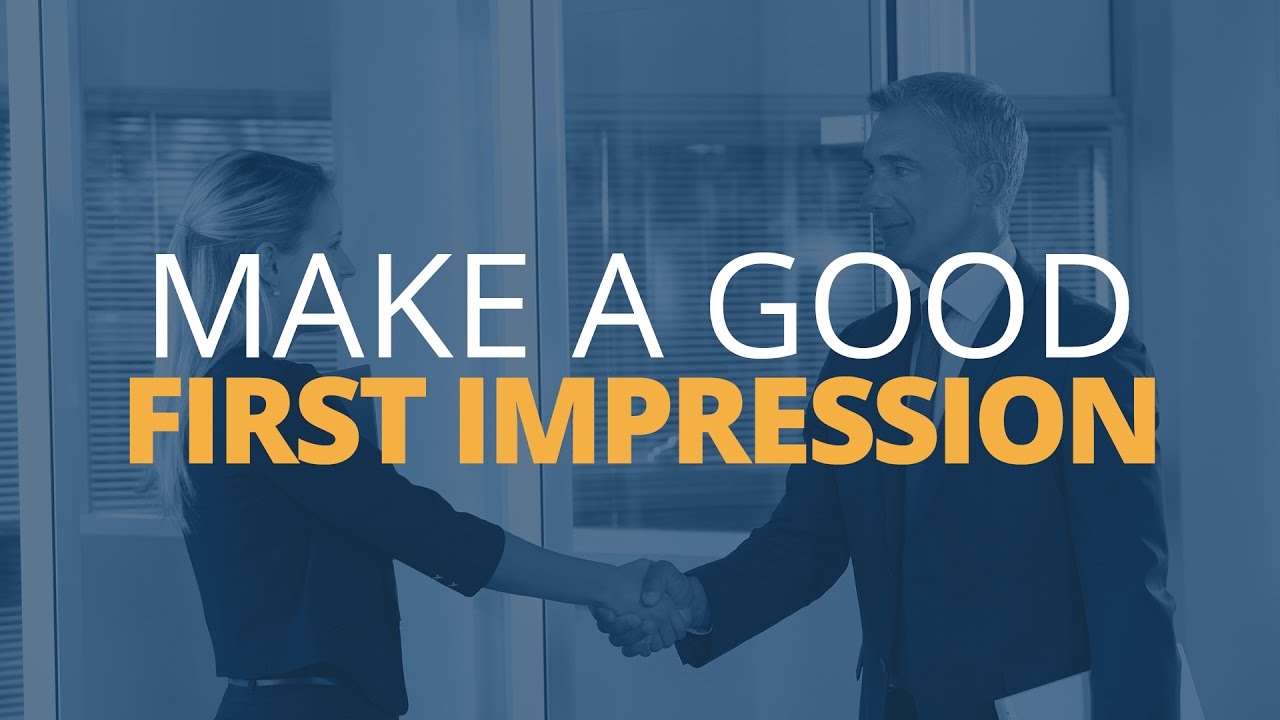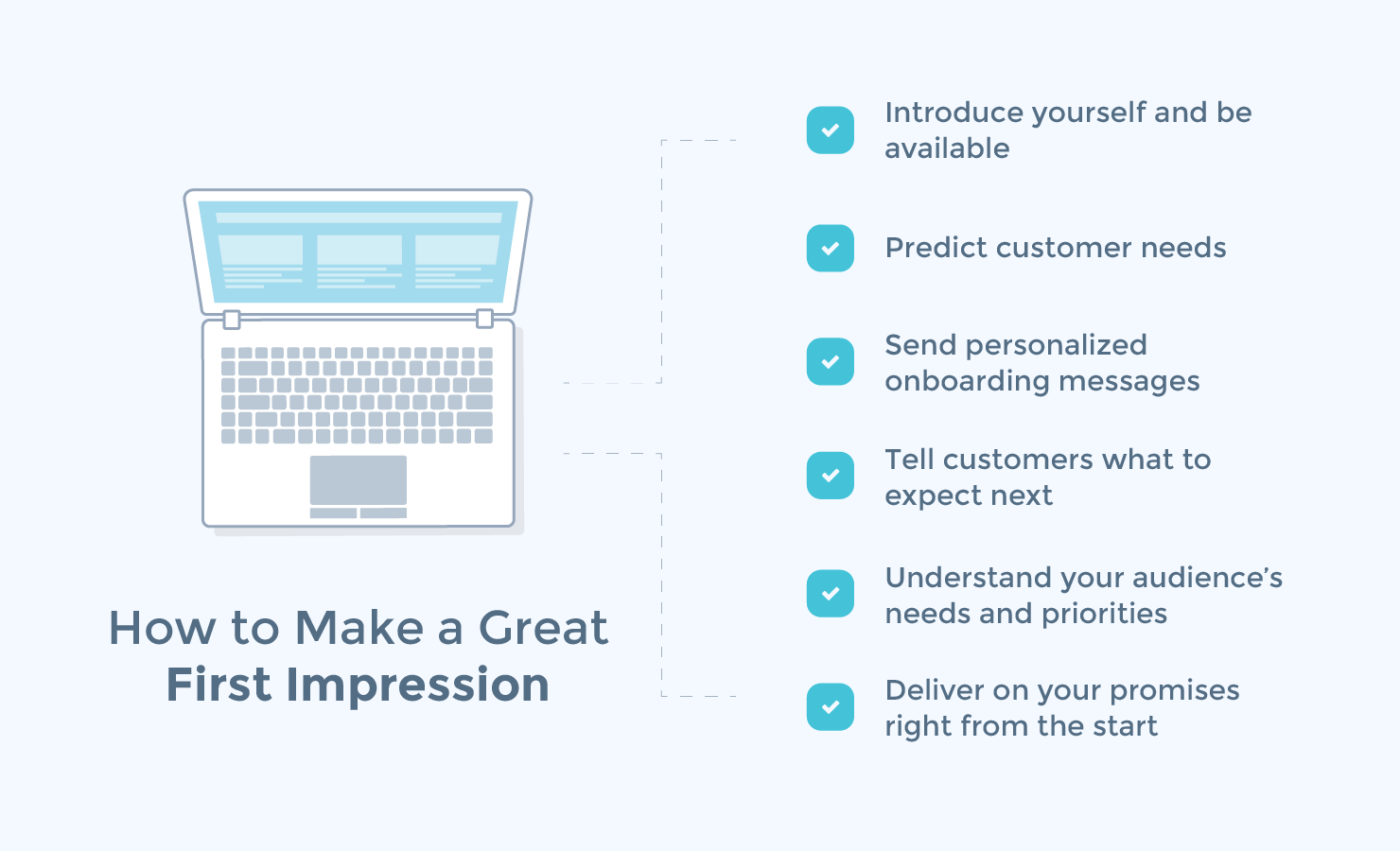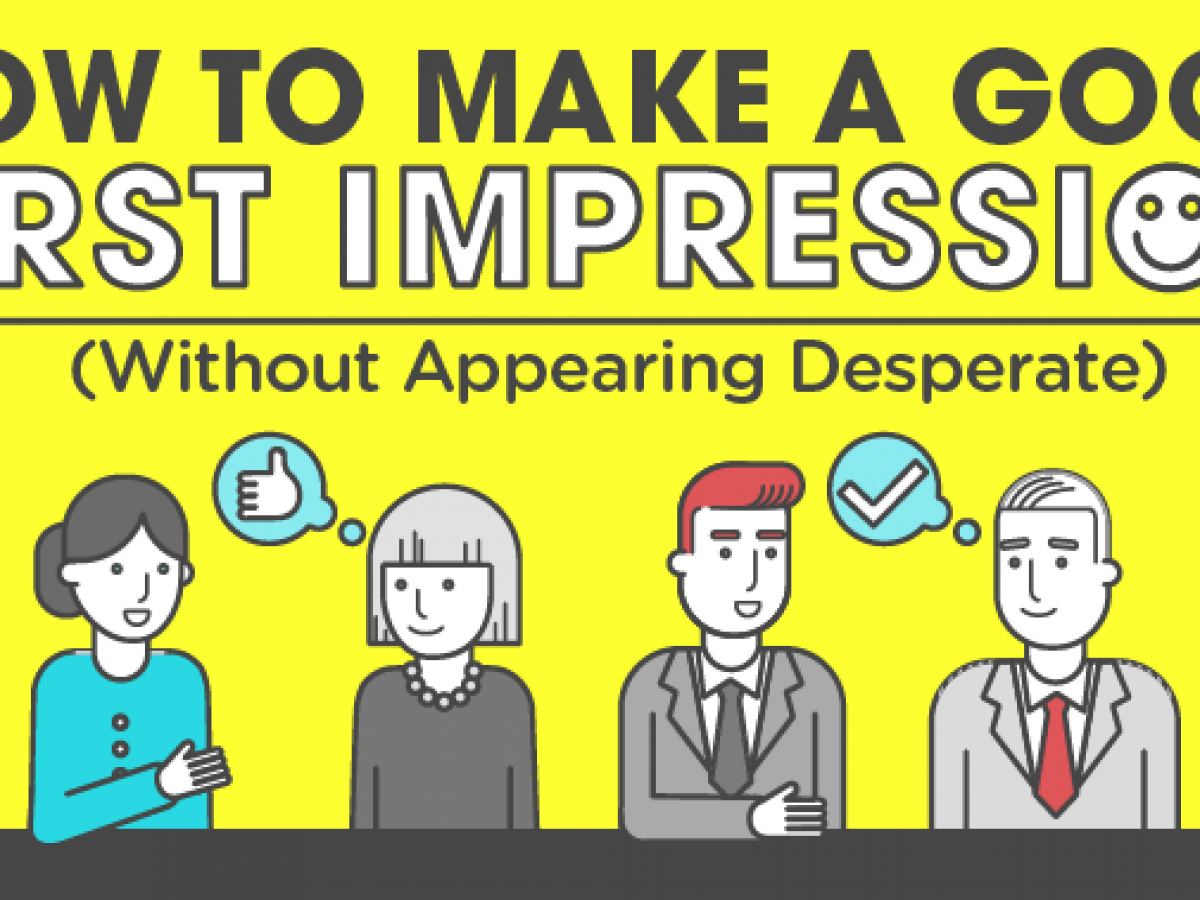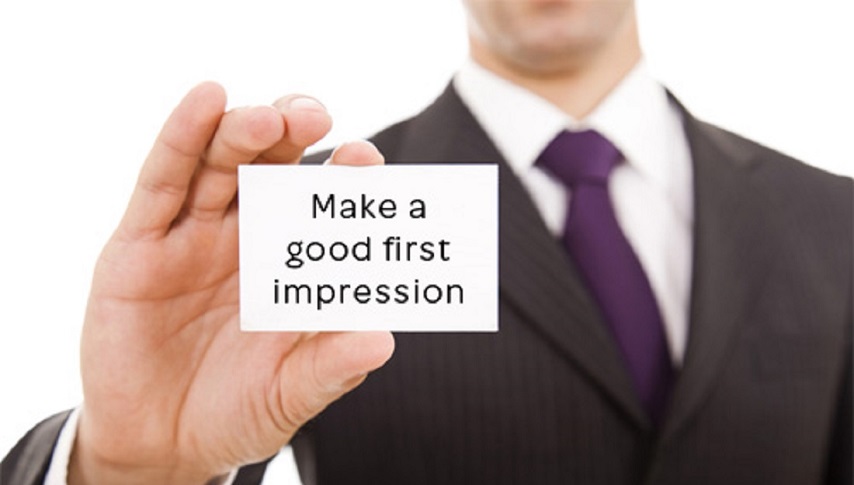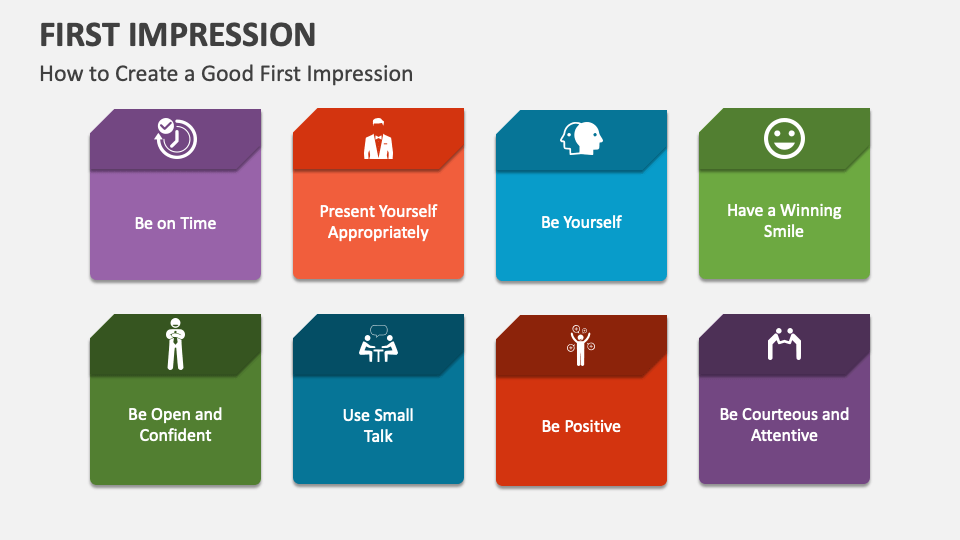How To Make A Lasting First Impression

In the high-stakes game of human interaction, first impressions can be decisive. A missed opportunity in those initial moments could mean losing a job, a valuable business connection, or even a potential lifelong relationship. This isn't about superficiality; it's about effectively communicating who you are and what you stand for, laying the groundwork for meaningful connections.
At its core, making a lasting first impression involves a delicate blend of authenticity, awareness, and effort. Experts emphasize the importance of being present, attentive, and genuinely interested in the person you are meeting. This article will delve into the science and art of crafting a memorable introduction, exploring the key elements that contribute to a positive and lasting impact.
The Psychology Behind First Impressions
Psychological research consistently reveals that first impressions are formed rapidly, often within seconds. This phenomenon, known as the "halo effect," suggests that our initial judgments significantly influence how we perceive subsequent information about a person.
According to Dr. Albert Mehrabian's research, communication is 55% nonverbal (body language), 38% vocal (tone), and only 7% verbal (words). Therefore, mastering nonverbal cues is crucial for conveying confidence and sincerity.
Body Language Speaks Volumes
Maintaining eye contact, adopting an open posture, and offering a firm handshake are universally recognized signs of confidence and trustworthiness. Avoid crossing your arms, fidgeting, or looking down, as these behaviors can project insecurity or disinterest. Mirroring the other person's body language subtly can also create a sense of rapport.
"Your body language can betray your true feelings even before you utter a single word," says Patti Wood, a body language expert and author.
The Power of a Genuine Smile
A genuine smile, one that engages the muscles around the eyes (a Duchenne smile), is universally perceived as welcoming and friendly. Forcing a smile can come across as insincere, so focus on creating a positive internal state that naturally radiates outward.
Preparing for the Encounter
Preparation is key to making a positive first impression. Research the person you are meeting, understand their background, and identify common interests. This demonstrates that you value their time and are genuinely interested in connecting with them.
Having a well-prepared introduction is also essential. Practice a concise and engaging summary of your skills, experience, and interests. Avoid rambling or using jargon that the other person may not understand. Focus on conveying your value proposition in a clear and compelling manner.
Dress for Success (But Stay True to Yourself)
Appropriate attire demonstrates respect for the situation and the person you are meeting. However, it's crucial to strike a balance between professionalism and authenticity. Choose clothing that makes you feel confident and comfortable, while still adhering to the dress code of the setting.
During the Conversation
Active listening is paramount in building rapport and demonstrating genuine interest. Put away your phone, make eye contact, and focus on truly understanding what the other person is saying. Ask thoughtful questions and provide relevant responses that show you are engaged in the conversation.
Remembering and using the person's name is a simple yet powerful way to make them feel valued and respected. Pay attention to their pronunciation and make an effort to use their name naturally throughout the conversation.
Finding common ground can quickly establish a connection. Look for shared interests, experiences, or values that you can discuss. This helps to create a sense of camaraderie and fosters a more positive and memorable interaction.
Following Up After the Meeting
A timely follow-up can solidify a positive first impression and reinforce your interest in building a relationship. Send a thank-you note or email within 24 hours, expressing your appreciation for their time and reiterating your key takeaways from the conversation.
Referencing specific points discussed during the meeting demonstrates that you were paying attention and are genuinely interested in continuing the dialogue. Offer to provide additional information or resources that may be helpful to them.
Conclusion: The Ongoing Process of Impression Management
Making a lasting first impression is not a one-time event, but an ongoing process of impression management. It requires continuous self-awareness, adaptation, and a genuine commitment to building meaningful connections. By focusing on authenticity, active listening, and thoughtful communication, you can consistently create positive and lasting impressions that open doors to new opportunities.
In a world increasingly driven by digital interactions, the ability to connect authentically in person remains a vital skill. Mastering the art of the first impression is an investment in your personal and professional success, enabling you to build strong relationships and achieve your goals.


